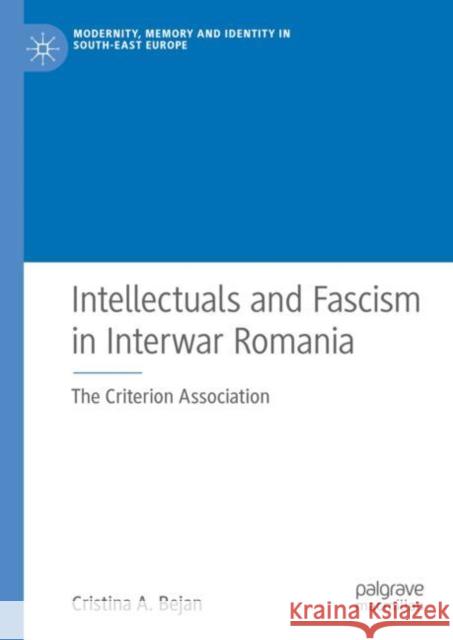Intellectuals and Fascism in Interwar Romania: The Criterion Association » książka
topmenu
Intellectuals and Fascism in Interwar Romania: The Criterion Association
ISBN-13: 9783030201647 / Angielski / Twarda / 2019 / 323 str.
Intellectuals and Fascism in Interwar Romania: The Criterion Association
ISBN-13: 9783030201647 / Angielski / Twarda / 2019 / 323 str.
cena 401,58
(netto: 382,46 VAT: 5%)
Najniższa cena z 30 dni: 346,96
(netto: 382,46 VAT: 5%)
Najniższa cena z 30 dni: 346,96
Termin realizacji zamówienia:
ok. 22 dni roboczych.
ok. 22 dni roboczych.
Darmowa dostawa!
Kategorie BISAC:
Wydawca:
Palgrave MacMillan
Seria wydawnicza:
Język:
Angielski
ISBN-13:
9783030201647
Rok wydania:
2019
Wydanie:
2019
Numer serii:
000824924
Ilość stron:
323
Waga:
0.72 kg
Wymiary:
21.08 x 15.49 x 3.3
Oprawa:
Twarda
Wolumenów:
01
Dodatkowe informacje:
Wydanie ilustrowane











